Navigate Your New Life in the Philippines
Essential Tips for Expats in the Philippines
Discover practical advice and insights to help you settle smoothly into your new home in the Philippines. From understanding local customs to navigating the visa process, we’ve got you covered.
Start Your Expat Journey Today
Finding Your Perfect Home
Housing Options in the Philippines
When searching for a place to live in the Philippines, consider popular expat neighborhoods like Makati, Bonifacio Global City, and Cebu City. These areas offer a range of housing options from high-rise condos to suburban homes. Be sure to review rental agreements carefully and understand the terms, including maintenance responsibilities and payment schedules.
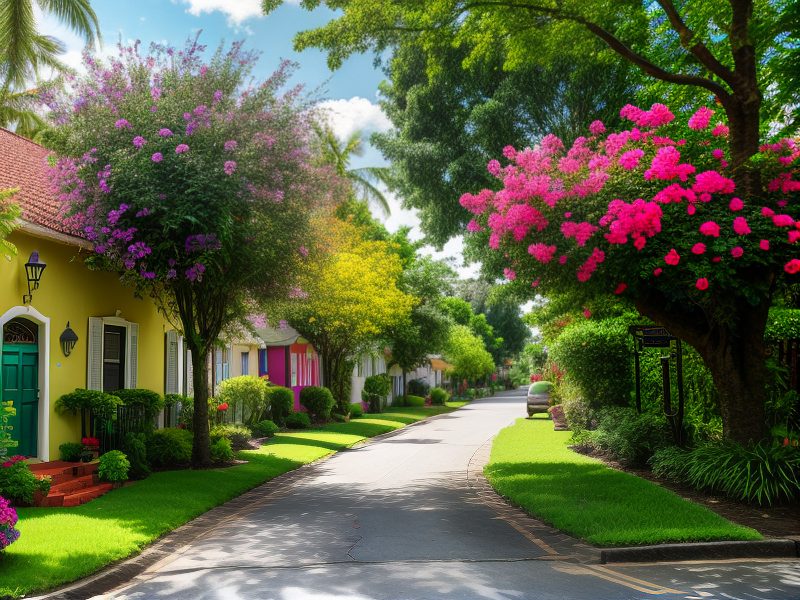
Getting Around the Philippines
Transportation in the Philippines offers a variety of options to suit different needs. Public transport includes jeepneys, buses, and trains, which are affordable but can be crowded. Taxis and ride-sharing services like Grab provide more comfort and convenience. For short distances, tricycles and pedicabs are a unique local experience.
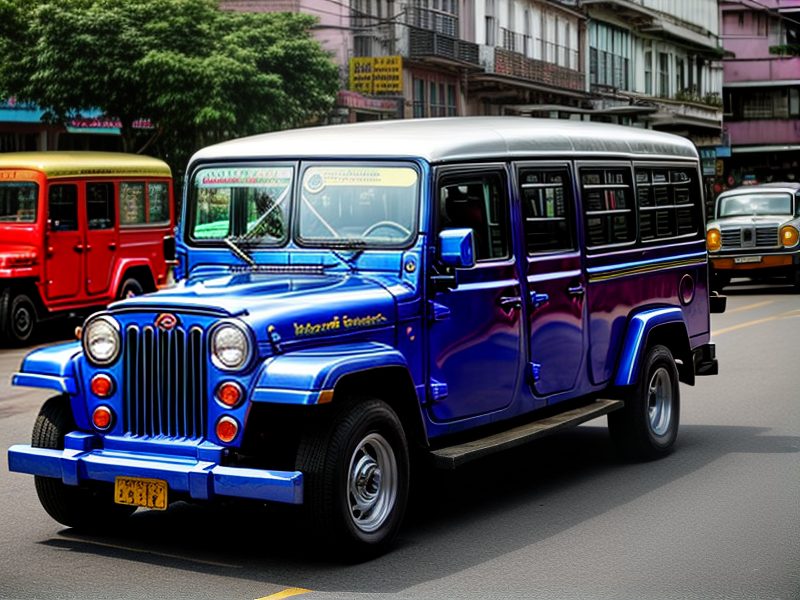
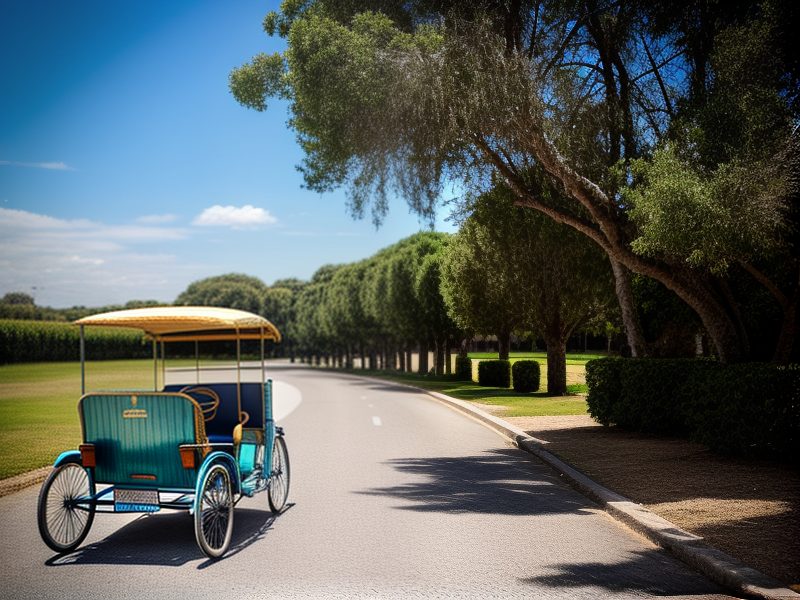
Public Transport Tips
When using public transport, always have small change ready for fare payments and be mindful of your belongings. Peak hours can be busy, so plan your travel accordingly.
Taxi and Ride-Sharing
Ensure the taxi meter is running or agree on a fare before starting your journey. Ride-sharing apps offer a reliable alternative with upfront pricing.
Local Travel Insights
Explore local areas on foot or by bike to truly experience the culture and lifestyle. Always prioritize safety and be aware of traffic rules.
Understanding Filipino Customs
Integrating into Filipino society requires an understanding of its rich cultural tapestry. Filipinos are known for their hospitality, often welcoming guests with open arms. Respect for elders is deeply ingrained, so using polite forms of address like ‘po’ and ‘opo’ is appreciated. Family is central to Filipino life, and many social gatherings revolve around family events. Participating in local festivals, such as Sinulog or Ati-Atihan, can also provide valuable insights into the vibrant culture.
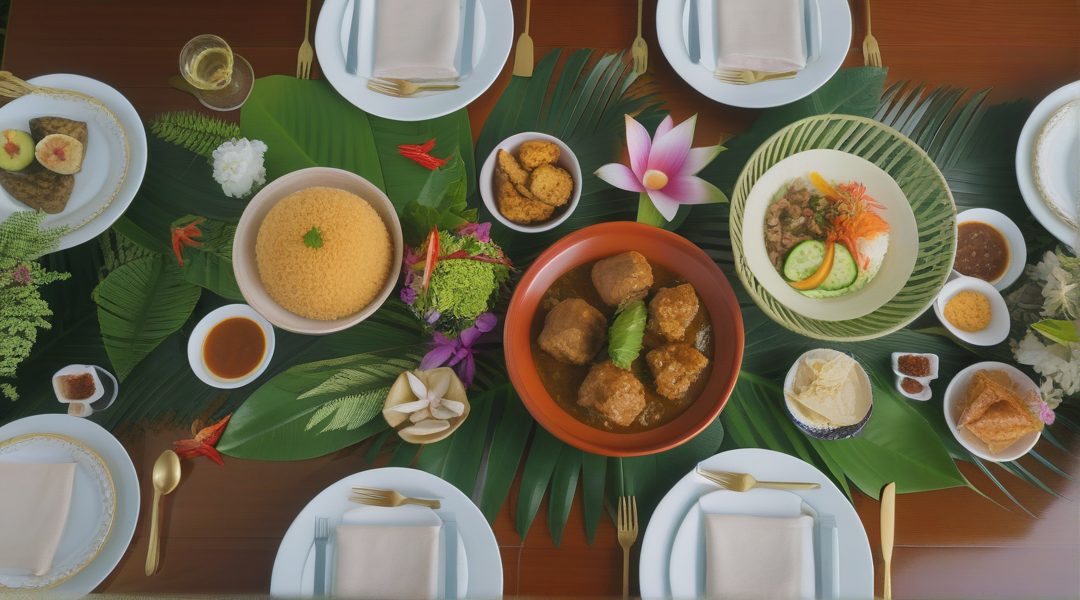

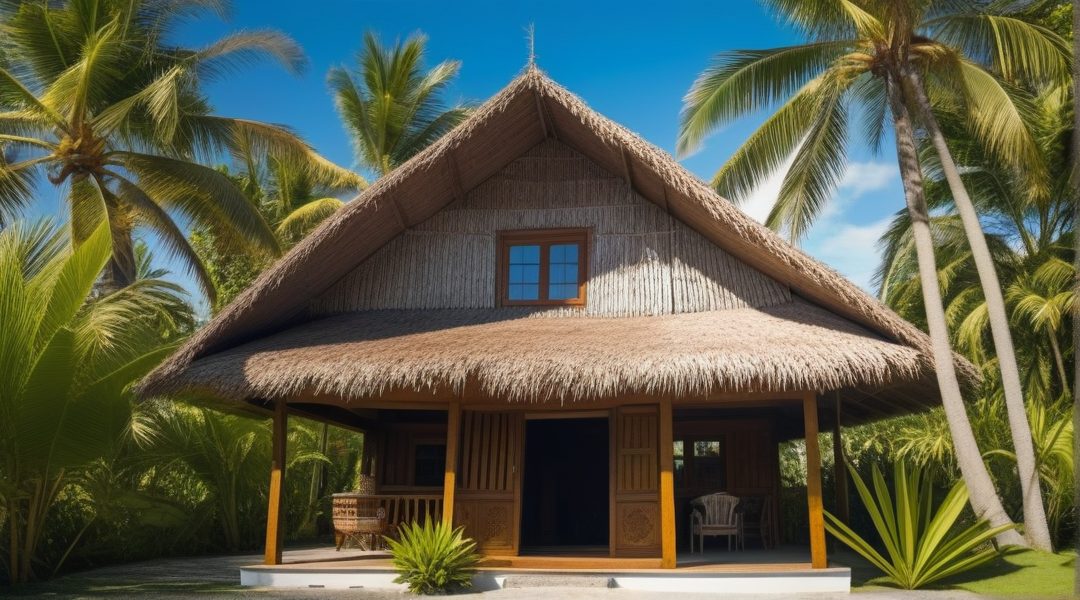

Navigating the Visa Process
Securing a visa for the Philippines involves several steps, starting with determining the type of visa that suits your stay—be it a tourist, work, or retirement visa. Gather necessary documents such as a valid passport, application forms, and possibly proof of financial capacity. It’s advisable to consult the Philippine Bureau of Immigration’s website for the latest requirements and updates. Processing times can vary, so plan ahead to ensure a smooth transition.
Essential Visa Information
Understanding the visa requirements is crucial for a hassle-free stay in the Philippines. Expats should be aware of the different visa categories and their specific requirements. For long-term stays, consider the Special Resident Retiree’s Visa (SRRV) or the 9(g) Pre-arranged Employment Visa. Always keep your documents updated and check for any changes in immigration policies.

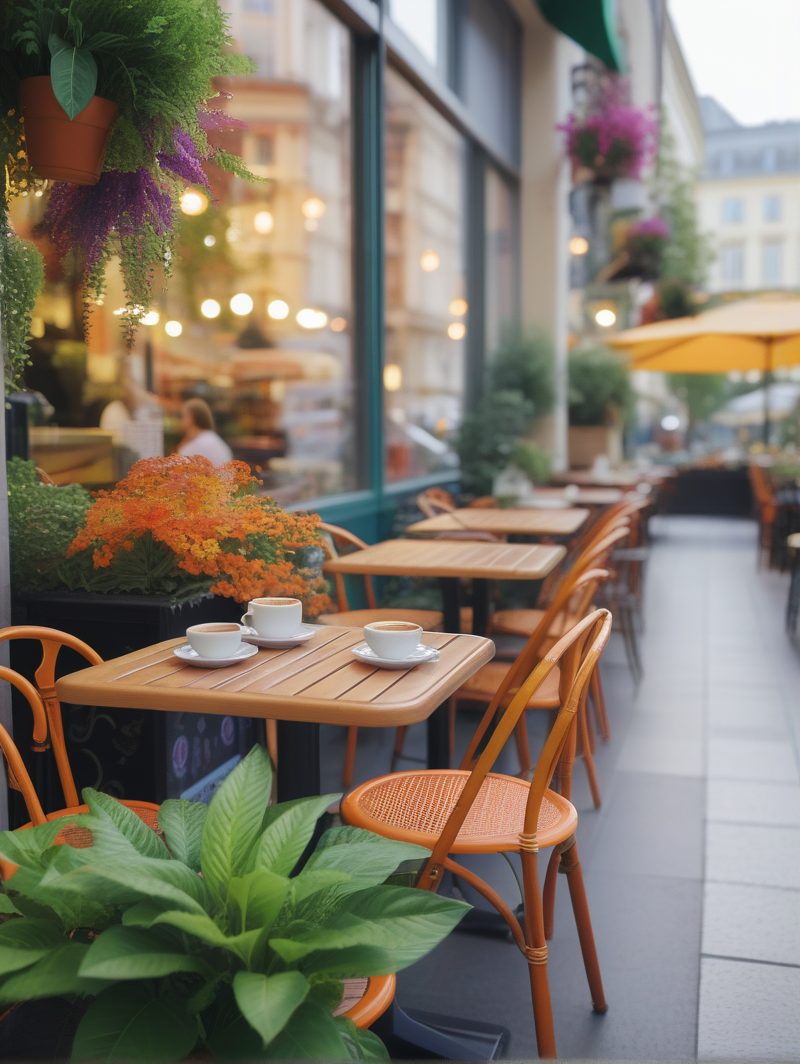
Adapting to Life in the Philippines
Adjusting to life in the Philippines can be an enriching experience with the right approach. Prioritize learning basic Tagalog phrases to ease communication. Health and safety should be top of mind; ensure vaccinations are up to date and familiarize yourself with local healthcare facilities. Socially, joining expat groups or local clubs can help build a supportive network. Embrace the slower pace of life and enjoy the beautiful landscapes and warm community spirit.
Share Your Insights!
We invite you to share your own experiences and tips about living in the Philippines as an expat. Your insights could help others navigate their new life here. Join the discussion in the comments below!